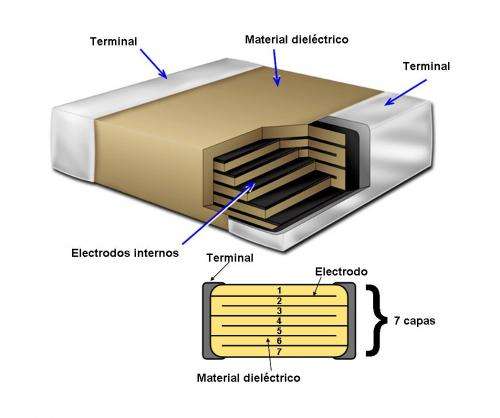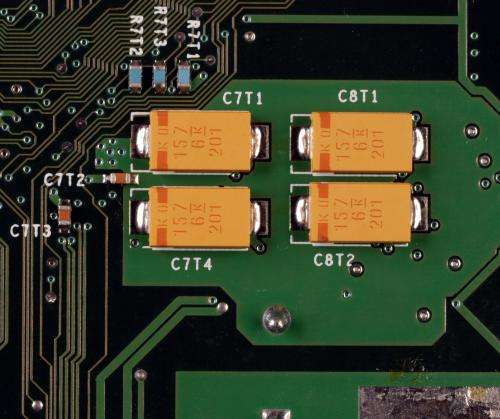Greater capacity for batteries makes smaller devices

In a joint project, scientists optimized the electrical power of capacitors which will store and release energy charges.
The group managed to improve the electrical power that capacitors store and release for mobile devices such as computers, smartphones and tablets, making them more efficient.
Thus, by reducing the size of the capacitors, laptops and other devices may also reduce their size, weight, and even increase the electrical load that the battery could store. Additionally, costs could be reduced and recycling benefited.
Juan Antonio Aguilar Garib, professor at the Faculty of Mechanical and Electrical Engineering from UANL, said the aim was to reduce the thickness of ultrathin films to place a greater number of them into a condenser and thus improve its performance.
Another advantage of this development is that new machinery will not required for the manufacture of ultra-thin films, making the technology transference to an industrial sector simple.

"Since the capacitance increases by reducing the thickness of the films, the technique called tape casting was used; for this, a particular mixture using barium titanate powder and other substances was designed, which was uniformly casted on a plastic surface where the excess is removed to form an ultra thin film of just three micrometers thick," said Aguilar Garib.
Provided by Investigación y Desarrollo



















